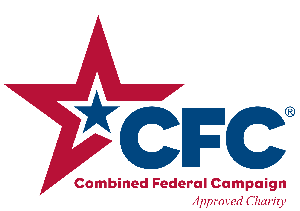Poverty affects a child both physically and mentally. They are weighed down by a world of no; whether it is basic necessities, recreation opportunities or extracurricular programs, they’re told they do not have the means for them to have it or participate in it. Some think that this kind of childhood wreaks greater havoc on a child than almost any child-abuse scenario.
Meredith Minkler’s article for The Park Ridge Center provides us an overview of current thinking about the relationship between poverty and health.
Public health experts debate just how poverty “gets under the skin” to so dramatically worsen health, but researchers have identified several plausible pathways. For Harvard’s Richard Levins, these include, but are not limited to:
- chronic deprivation and limited access to resources such as food, housing, and education
- exposure to environmental toxins
- physical threats to health and safety
- unsafe jobs, or those involving high demands and low resources for coping
- chronic psychological stress
Other scholars suggest that the adverse effects of poverty on health are magnified in countries like the United States where there is a high degree of income inequality. It’s not just being poor, but being poor in a country where many others are rich, that seems to exacerbate the effects of poverty on health. A raft of studies demonstrates that the very fact of being around others who are higher on the socioeconomic ladder causes individuals to experience elevated stress, lower feelings of control over their lives, and a lack of trust in society and their surroundings.
Another possibility suggests that people at progressively lower levels of socioeconomic status have correspondingly less opportunity to control the circumstances and events that affect their lives. In the words of epidemiologist S. Leonard Syme, this lack of “control over destiny” may be the mediating concept that helps explain why the poor are less healthy in almost every disease and disability category, regardless of their particular habits and behaviors.
As if the human toll that poverty exacts on those trapped by it is not enough, consider that poverty is also a major factor in two of our largest expenditures – health care and public education. Those living in poverty consume a disproportionate share of our health care requirements that they don’t have the means to pay for. To learn how poverty is increasing the cost of education read our article on “Declining availability of music programs in the public sector”.
You can find a wealth of information on this subject by Googling “poverty’s impact on health, education or society”.





